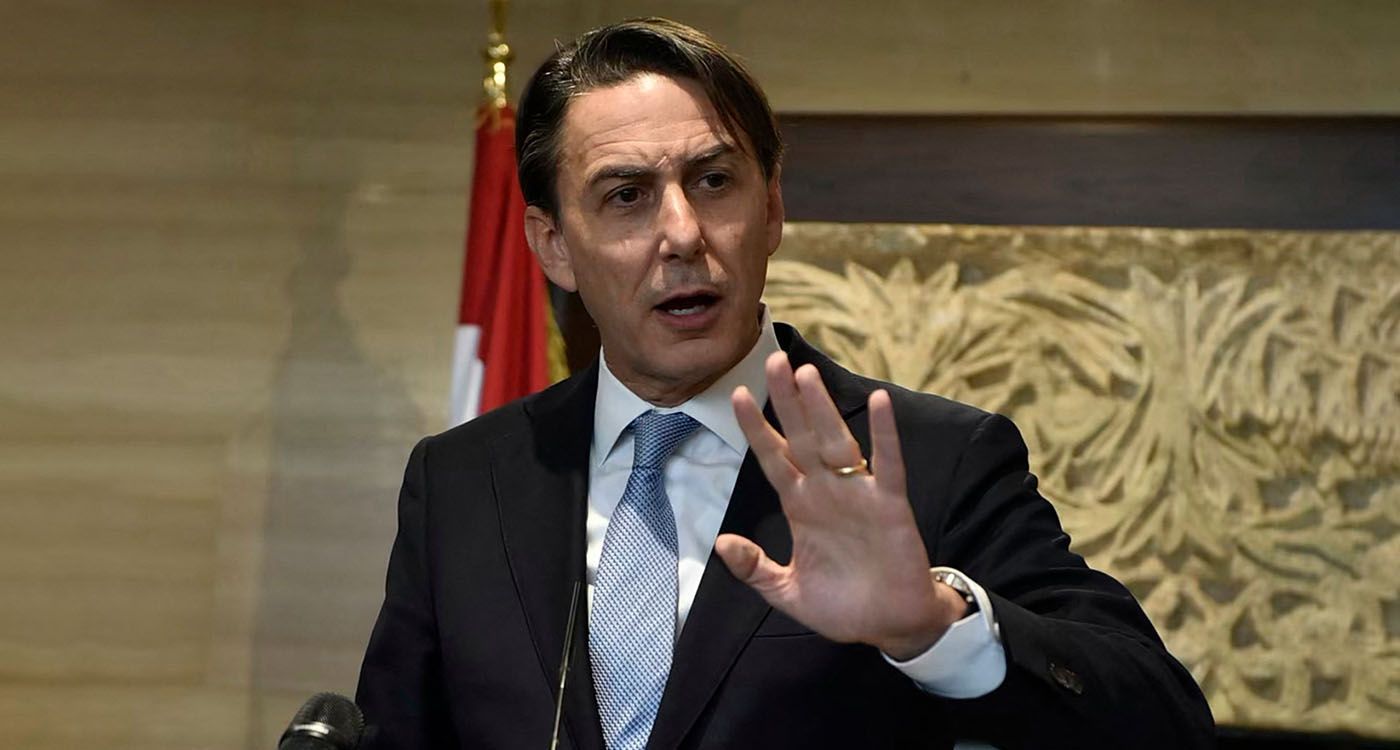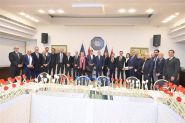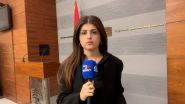
Diplomacy seems to have regained the upper hand as Israel expands and intensifies its strikes in Lebanon.
Caretaker Prime Minister Najib Mikati expressed hope for a ceasefire between Tel Aviv and Hezbollah "in the coming hours or days," describing himself as "cautiously optimistic" in an interview with the local channel Al-Jadeed on Wednesday evening.
This optimism stems from the prospect of the return of U.S. Special Envoy Amos Hochstein to the region with proposals for a settlement. It is also justified by a potential flexibility from Israeli Prime Minister Benjamin Netanyahu, who has so far ignored calls for a truce, even a temporary one. This flexibility has been echoed by Israeli officials who suggested that the offensive launched on September 23 against Lebanon may soon come to an end, claiming that war objectives have been met and that residents of northern Israel can return home.
All these factors indicate that we may be in the final stretch before a potential ceasefire agreement, which would pave the way for more in-depth discussions on the implementation of UN Security Council Resolution 1701. This resolution is at the heart of the tug-of-war between Israel and Hezbollah, with negotiations being led by Parliament Speaker Nabih Berry, as each side seeks to impose its conditions.
According to Reuters, U.S. mediators are working on a settlement proposal that begins with a two-month ceasefire, during which time efforts would be made to finalize the full implementation of Resolution 1701.
Mr. Mikati revealed that he had a phone conversation on Wednesday with U.S. Special Envoy Amos Hochstein, who "hinted that a ceasefire was possible before the U.S. presidential election," scheduled for November 5, just six days away.
The Prime Minister did not specify when Mr. Hochstein would return to the region, but according to Reuters, citing U.S. sources, he is expected in Tel Aviv on Thursday alongside another envoy, Brett McGurk, for talks regarding Lebanon and Gaza.
Israeli channel 12 reported that Prime Minister Netanyahu chaired a meeting on Tuesday to assess the offensive against Lebanon, attended by high-ranking military and political officials, all of whom reportedly agreed that nearly all war objectives had been achieved and that it was now possible to move to the next phase: a political settlement aimed at ensuring the safety of residents in northern Israel.
The same channel indicated that Netanyahu had accepted the principle of a truce. This was echoed by Naïm Qassem in his speech on Wednesday, stating that his group is prepared to accept a ceasefire announced by Israel before moving on to the phase of a political settlement "based on our conditions." In other words, a strict implementation of Resolution 1701, without modifications to the text. Speaker Nabih Berry reaffirmed this condition in a statement to the daily Asharq al-Awsat.
According to Mr. Berry, the ball is now in Benjamin Netanyahu's court. He added that Lebanon is committed to deploying its army in southern Lebanon prior to the implementation of Resolution 1701, which calls for the withdrawal of Hezbollah from north of the Litani River and the demilitarization of the southern part of the country.



Comments